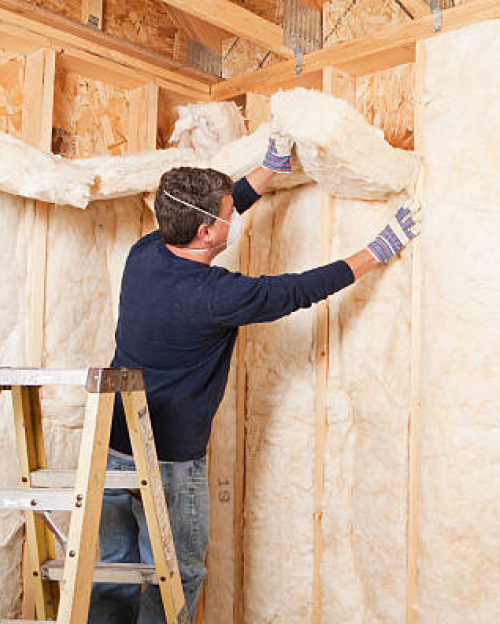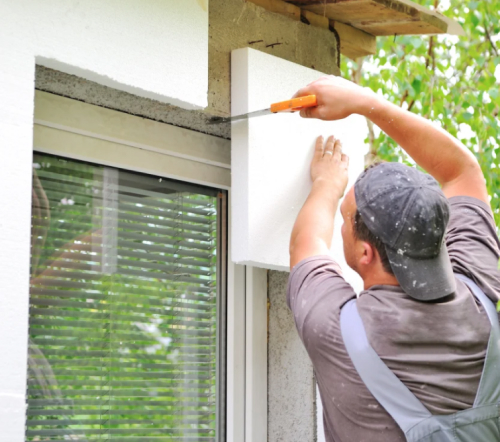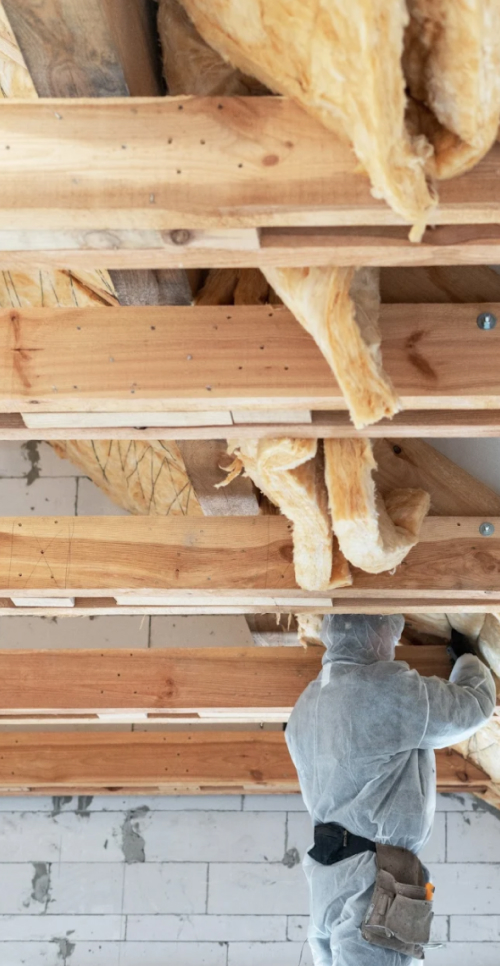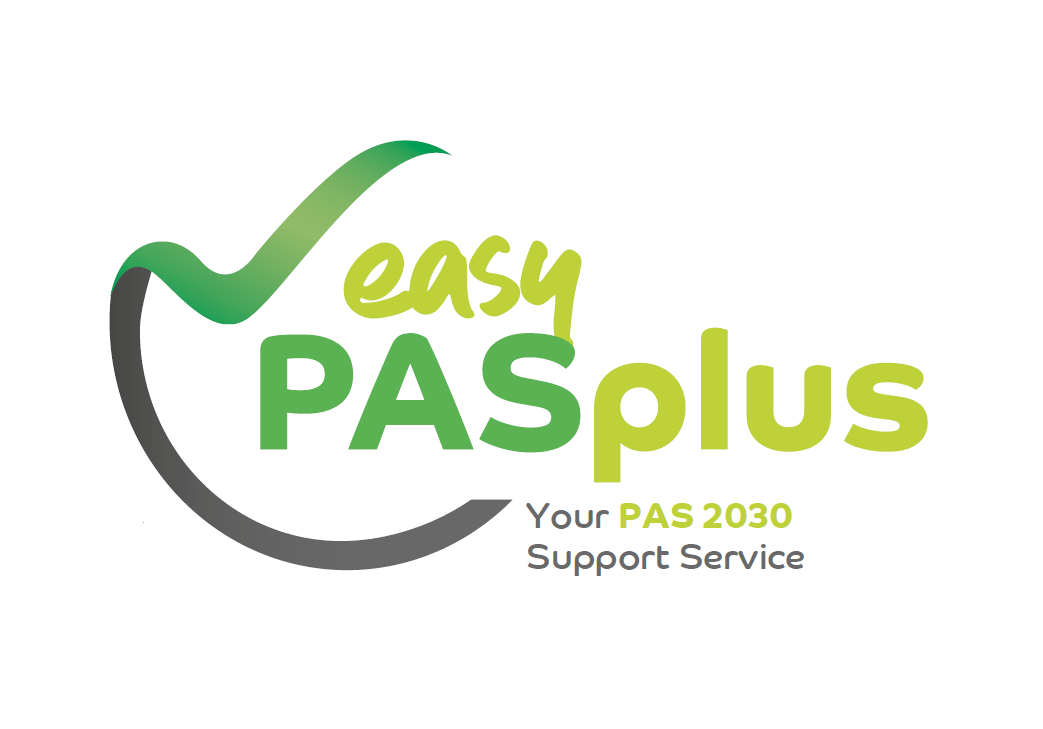PAS 2030 is a British Standards Institute (BSI) standard which sets out the requirements for installing, commissioning,
and handing over energy efficiency measures (EEMs) in domestic retrofit projects.
All retrofit installers who want to install one or more of the specified EEMs under publicly funded schemes, such as ECO, need to be PAS 2030 certified to access these schemes.

PAS 2030:2019 & PAS 2035.
The new PAS 2030:2019 standard was released in June 2019.
The PAS standard was revised to address concerns raised by the ‘Each Home Counts’ review that some energy efficiency improvements to existing homes had not performed as expected. The new version of the standard sits alongside PAS 2035 ‘Retrofitting dwellings for improved energy efficiency’ and requires a whole house approach to retrofit. PAS 2030:2019 also places more emphasis on the qualifications and experience required for installers of EEMs. Installers looking to become PAS 2030:2019 certified need to understand the requirements of PAS 2035.
Easy PAS Plus can provide guidance on implementing it within your business as well as advice on upskilling your team for PAS 2035.
To achieve PAS 2030 certification an installer must have a Quality Management System (QMS) in place that includes compliant processes that are kept up to date with any standard changes. As well as ensuring measures are installed to a high standard, the installer’s QMS needs to cover things such as:
- Health and safety risk assessments
- Complaints process
- Equipment calibration and maintenance
- Employee and subcontractor competence records
- Product transportation and storage
- Change management
- Inspection and verification of work
- Record keeping


PAS 2035 Explained
If you work within the energy efficiency sector, then PAS 2035 should ring a bell.
During the first half of 2019, the British Standard Institute (BSI) published PAS 2035, which serves as a framework for deep retrofit projects ensuring that plans for energy-efficient homes are of the highest quality, safe and fit for the future.
PAS 2035 is a response to the Each Home Counts Review (2015-2017). It addresses key structural issues that may have affected the successful implementation of many energy efficient domestic plans in the past. Some of the problems include:
- Defects: 10% of all solid wall insulation projects resulted in a Type-1 Fail (as noted by Ofgem, 2013)
- Unintended consequences: such as health and social problems that have been made worse by retrofit, not better
- Shallow retrofit: availability of funding resulting in the installation of single measures at the wrong time and place
- Accountability: rules of the game meaning the buck is continually passed on, resulting in litigation
- Poor design: low profit margins exclude building professionals from engagement in retrofit
- Performance gap: predicted energy savings not delivered in practice
PAS 2030:2019 energy efficiency measures:
- Cavity wall insulation including that installed in party walls
- Draught proofing
- Energy efficient glazing and doors including replacement insulating glass units (IGU)
- External wall insulation
- Flat roof insulation
- Floor Insulation
- Hybrid wall insulation
- Internal wall insulation
- Loft insulation
- Pitched roof insulation
- Solar blind, shutters and shading devices (internal and external)
- Room-in-roof insulation
- Park Homes insulation
- Condensing boilers, natural gas-fired and liquefied petroleum
- gas-fired
- Condensing boilers, oil-fired
- Flue gas heat recovery devices
- Heating system insulation
- Heating, hot water system, air conditioning or ventilation system controls and components
- Hot water systems Domestic hot water systems
- Mechanical ventilation with heat recovery Domestic ventilation systems with heat recovery
- Under-floor heating Hydraulic (wet) systems
- Warm-air heating
- Water efficient taps and showers
- Electric storage heaters (including electric warm air heating units that incorporate heat storage)
- Light fittings, lighting systems and lighting system controls

